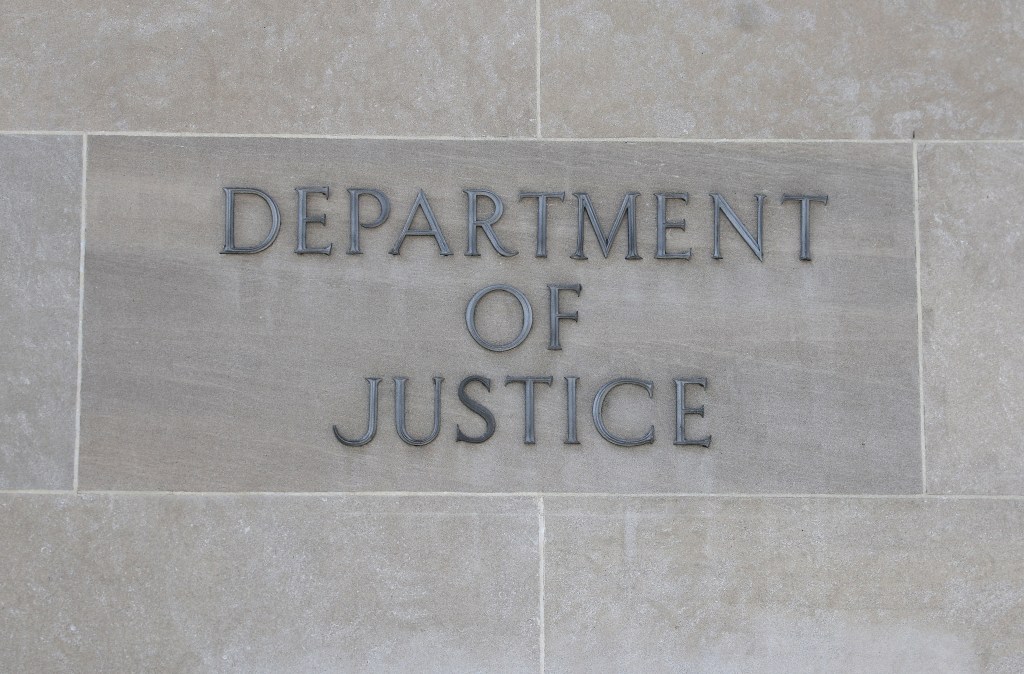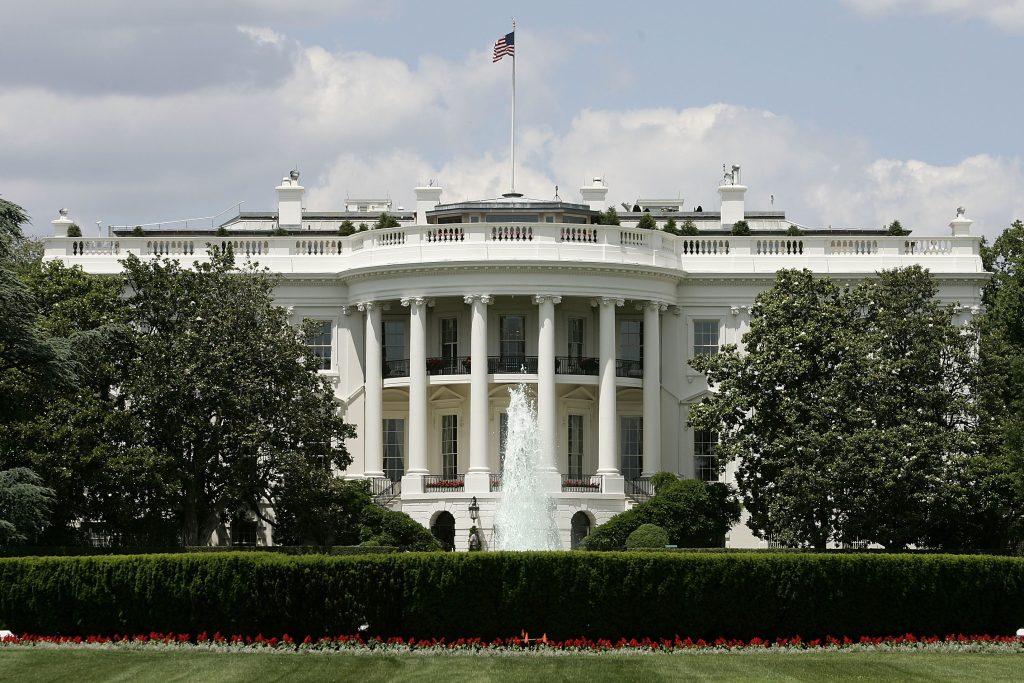A changing political landscape will invariably affect critical areas of regulation such as artificial intelligence, cybersecurity, supply chains, financial crime oversight, recordkeeping and overall risk governance. But maybe not as much as you suspect.
That’s thanks to some broadly accepted expectations of what constitutes strong markets and investor protection
Register for free to keep reading
To continue reading this article and unlock full access to GRIP, register now. You’ll enjoy free access to all content until our subscription service launches in early 2026.
- Unlimited access to industry insights
- Stay on top of key rules and regulatory changes with our Rules Navigator
- Ad-free experience with no distractions
- Regular podcasts from trusted external experts
- Fresh compliance and regulatory content every day













